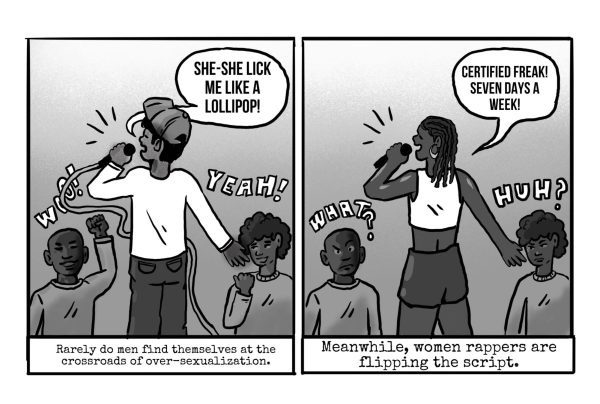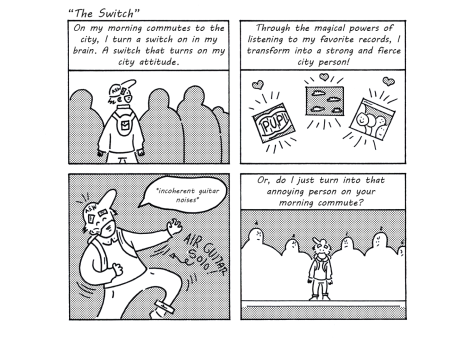Gustav reaction appropiate
September 15, 2008
As Hurricane Gustav threatened the Gulf Coast this Labor Day, government officials called it a “monster storm” and a “killer hurricane.” The memory of the disastrous handling of Hurricane Katrina in 2005 was fresh in people’s minds. This time, officials held nothing back, launching the largest emergency evacuation in U.S. history.
When Gustav finally arrived, the hurricane New Orleans Mayor Ray Nagin called the “storm of the century,” had already been downgraded to a Category 2 storm. Although it battered the Gulf Coast with torrential rain and 110 mile-an-hour winds, it was nowhere near as deadly as initially forecasted.
Emergency officials are now being blamed for a gross overreaction to the storm. But in the wake of the colossal failures seen during Katrina, it is as the old cliche goes-better to be safe than sorry. In hindsight, we realize the mass evacuation might not have been necessary. But as evacuation plans were put into place, there was no way to tell that this storm wouldn’t wreak the same havoc as Katrina. Initially, Gustav was expected to make landfall as a Category 4 storm. Katrina made landfall as a Category 3.
Natural disasters, especially hurricanes of this magnitude, are called “acts of God” for a reason. They are tremendously unpredictable. That lesson was driven home in the wake of Katrina, which killed more than 1,600 people. Due in part to preplanning by Louisiana officials, Gustav only claimed the lives of eight, according to The Associated Press.
It is understandable that people don’t want to be evacuated from their homes. For hourly workers, being evacuated for a week means losing a full week’s worth of pay. When the bills are piling up and money is already tight, losing a week’s salary is not always an option.
However, there are times when evacuations are necessary, and Gustav is a prime example. The decision to evacuate almost 2 million people was not a mere knee-jerk reaction by government officials. Not only were officials responding to reports that Gustav had the ability to do more damage than Katrina, they were also mindful that infrastructure work still remained incomplete. In fact, the $15 billion hurricane protection system upgrade is only 20 percent finished. The project is not scheduled for completion until 2011.
Despite being a weaker storm than Katrina, Gustav caused significant damage. Rough estimates released by Louisiana Economic Development state the property damage caused by Gustav could range from $5 billion to $10 billion. Hundreds of thousands of people and businesses remain without power. Entergy, Southern-Louisiana’s largest electricity provider, said it could be another two weeks before power is restored to the majority of customers.
Gustav turned out to be much less catastrophic than Katrina, but without the swift reaction from emergency and government officials, it could have been much worse.
The mass evacuation saved countless lives and prevented the horror stories seen after Katrina. Louisiana officials must walk a fine line between proper action and overreaction. But when it comes to preventing any unnecessary loss due to hurricanes, it is best to err on the side of caution and to take no chances. At the end of the day, a life inconvenienced is still better than a life lost.


















